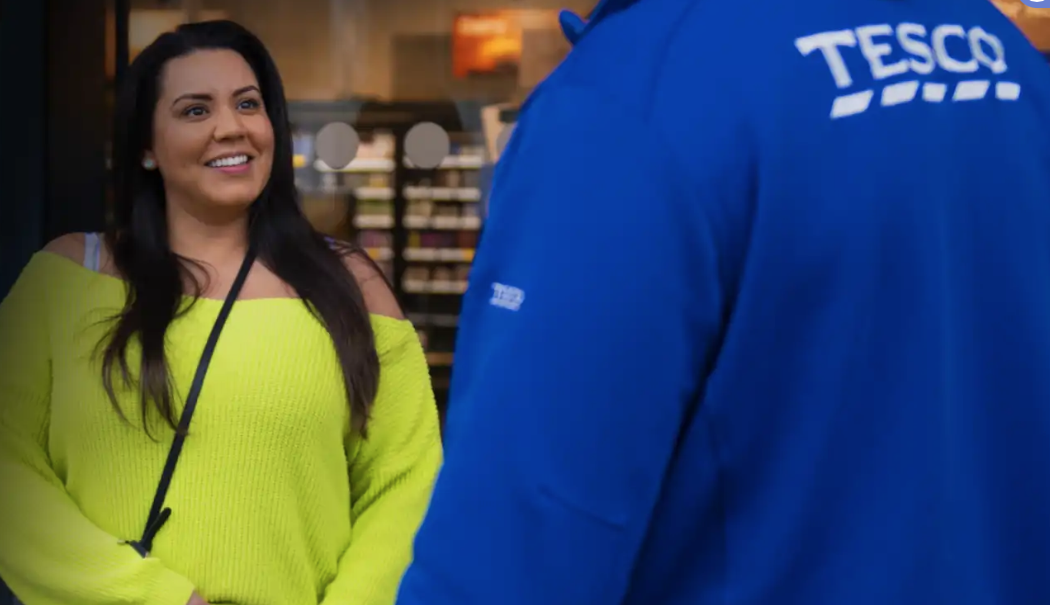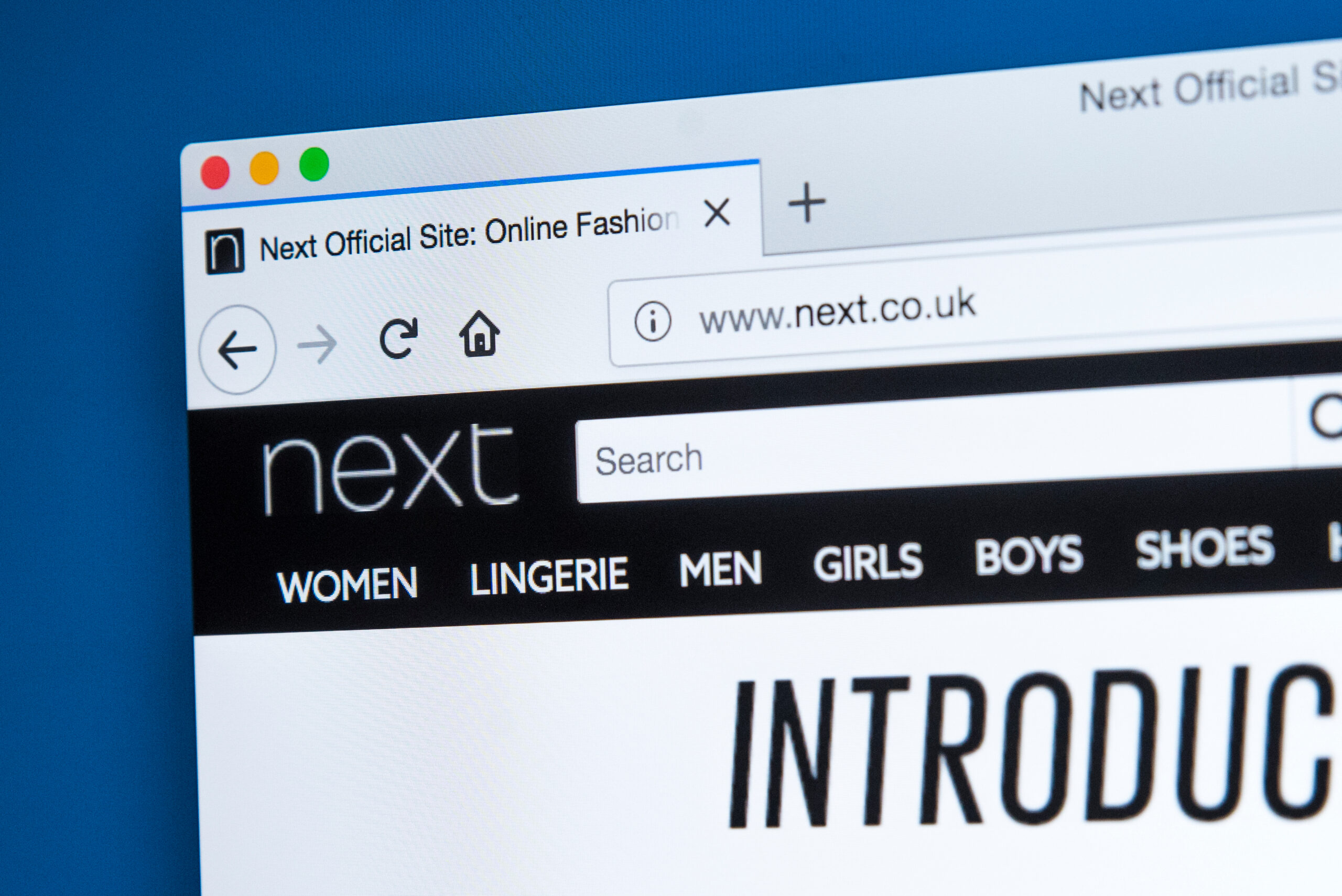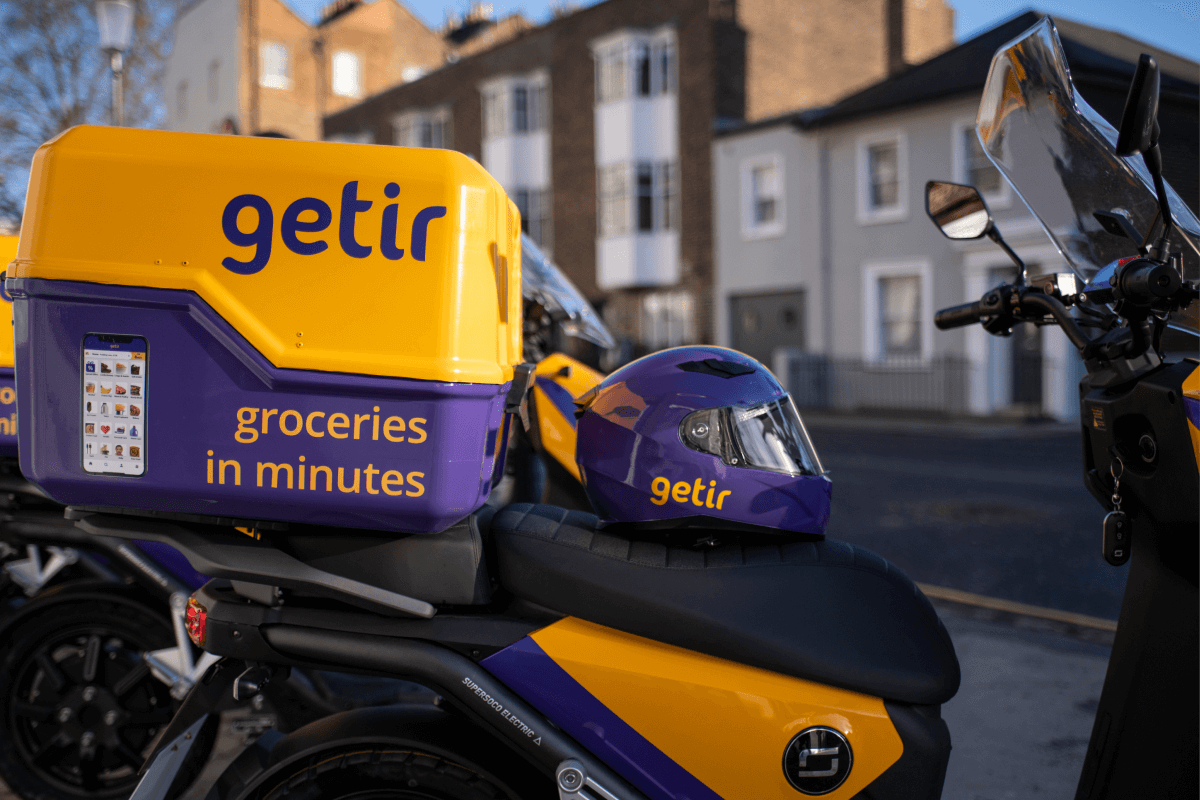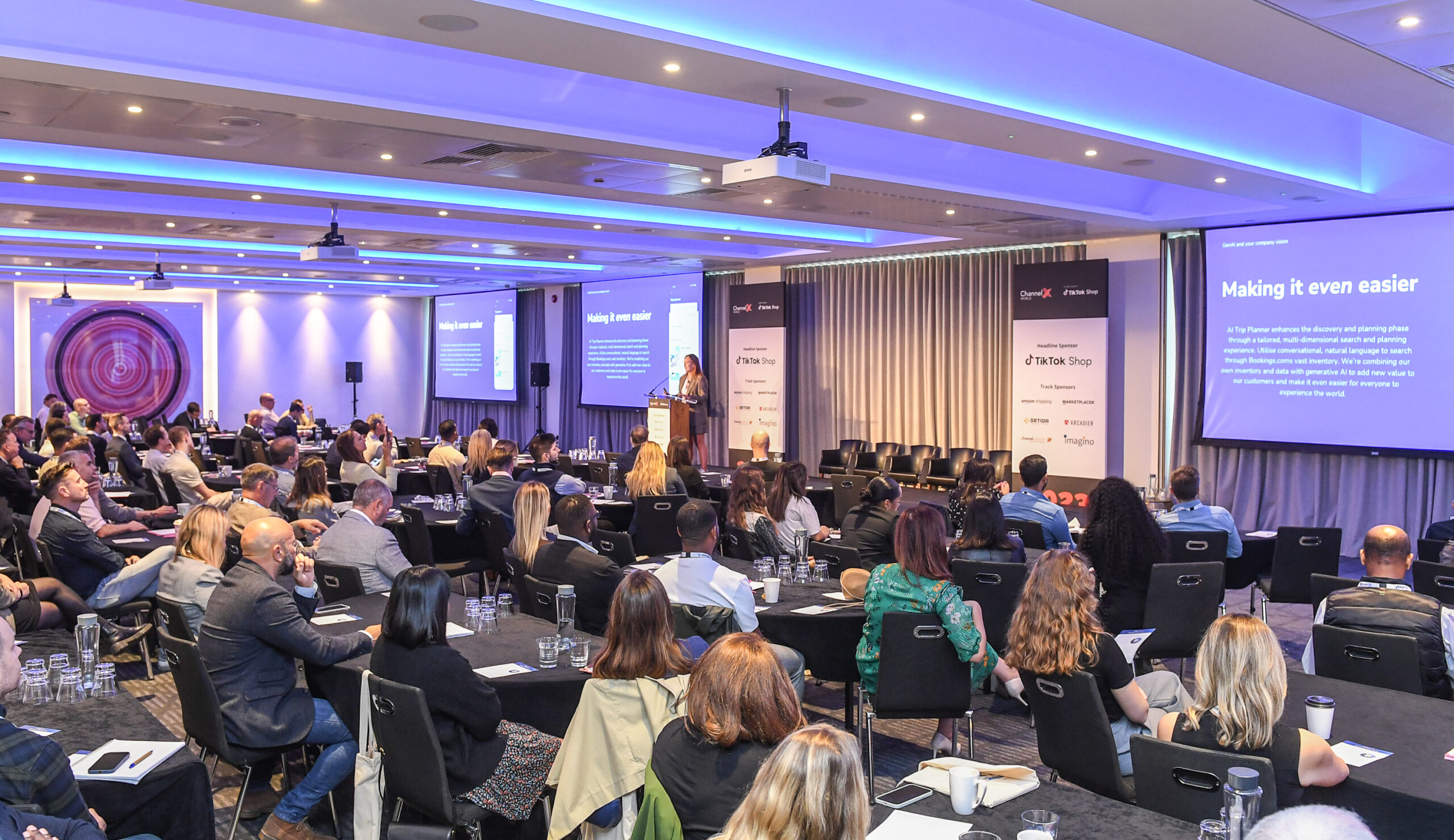Uncertainty remains today over what, if any, trade agreement will be struck between the UK and the EU following the UK chief negotiator’s admission today that “very little progress” has been made in the latest round of talks.
If no agreement is reached, retailers will continue to trade tariff-free with the EU only until the end of December. From January 2021 they would have to charge shoppers buying cross-border customs and tariffs on the World Trade Organisation schedule.
Continuing uncertainty may also affect retail sales further in the way that happened both in March 2019 and October 2019 amid consumer anxiety relating a no-deal Brexit. This time around, the Covid-19 pandemic is likely to add still further to that uncertainty.
David Frost, who is negotiating the UK’s post-Brexit trade deal with the EU, said in a statement today that “very little progress” has been made on the most significant issues in the latest round of talks, which have been held this week via videoconferencing.
He said the main obstacle was the EU’s “insistence on including a set of novel and unbalanced proposals on the so-called ‘level playing field’ which would bind this country to EU law or standards or determine our domestic legal regimes in a way that is unprecedented in Free Trade Agreements and not envisaged in the Political Declaration.”
He added: “As soon as the EU recognises that we will not conclude an agreement on that basis, we will be able to make progress.”
He said a change in the EU’s approach was needed for the next round, starting on June 1.
Meanhwile, EU chief negotiator Michel Barnier said: “Without a clear and effective level playing field framework without a balanced fisheries agreement, there will not be any possible agreement on our economic and trading partnership.”
David Jinks, head of consumer research at international shipping specialist ParcelHero, says the timing of negotiations is reaching a cliff edge, with the UK currently insisting it will not agree to extend the transition period.
Jinks said: “We are facing a financial disaster and it is time to end political posturing and face reality. If the UK does suffer a second wave of the coronavirus epidemic, it is likely to peak around the end of December. Some experts fear it will necessitate a second lockdown period, closing stores once again. This would correspond with Britain’s departure from the European Union on January 1. Progress on Brexit talks this week seems to have been like extracting teeth. What this means is a double hit to domestic sales and overseas sales for Britain’s retailers and manufacturers, who are already punch-drunk from this year’s events.”
Jinks said the World Health Organisation’s regional director for Europe, Dr Hans Kluge, had warned that the UK and its European neighbours should prepare for a deadlier second wave of coronavirus this winter and said there are now new cases in places where the virus had apparently disappeared, such as Wuhan and South Korea. In an online lecture yesterday, the government’s chief medical adviser Dr Chris Whitty warned that the virus may be more severe and spread more rapidly in a second peak during the winter.
Jinks said: “That is grim enough news for the UK’s hard-pressed manufacturers and retailers, who will also be dealing with the impact of a recession caused by the impact of the coronavirus on the economy. What is breath-taking is that, even knowing all this, the Government is insisting there can be no extension to Brexit negotiations, even though both sides concede there has been only ‘limited progress’ so far.
Image: Fotolia






